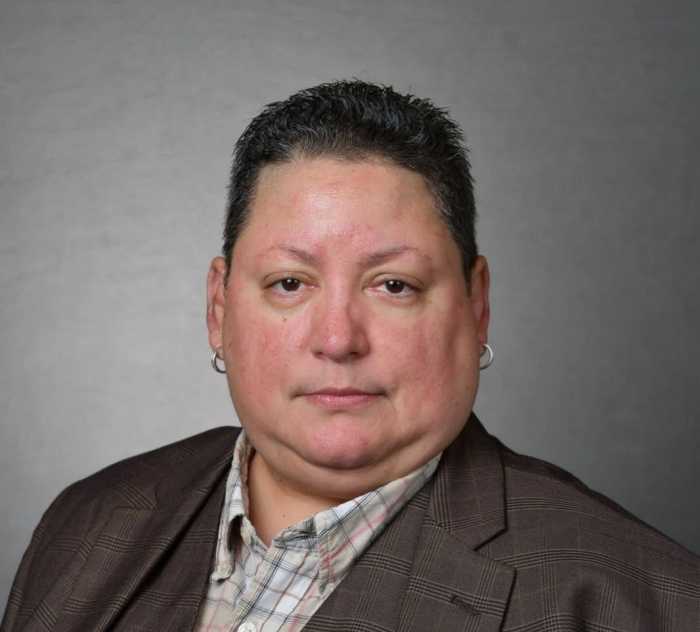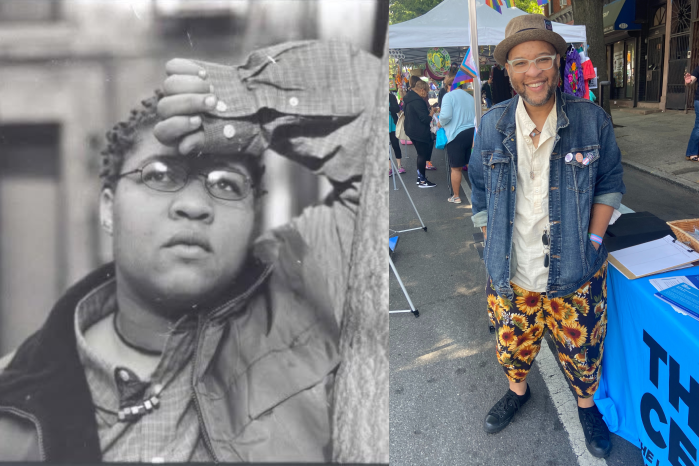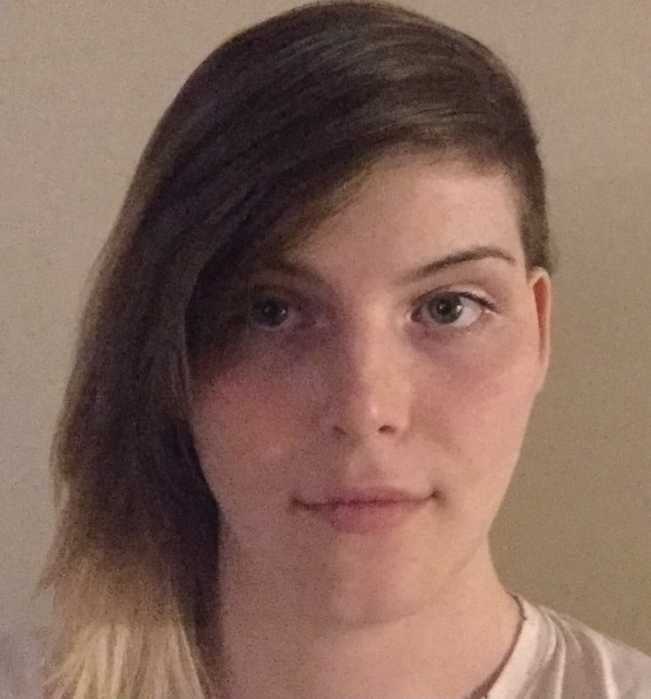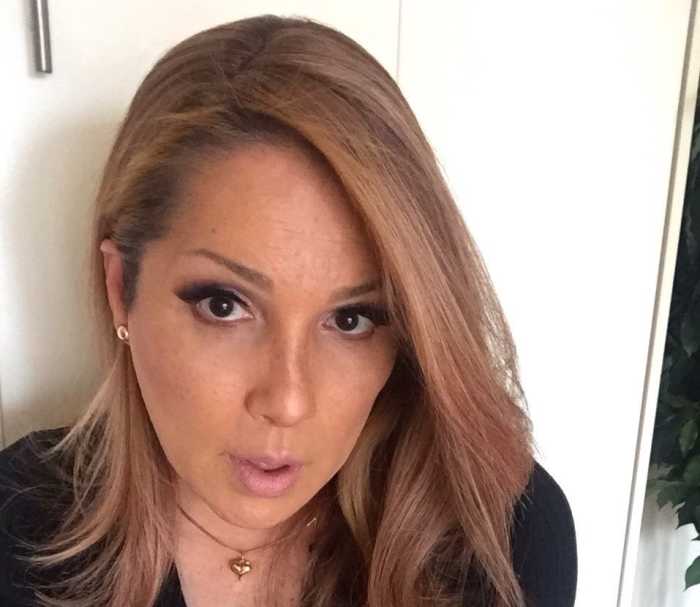The following statement was distributed on August 6 by the editors of MAHA, the clandestine gay ‘zine in Iran. MAHA means “we” or “us” in Persian. Originally begun in 2004 as a newspaper after a crackdown on Iranian gay Web sites by the Tehran regime, MAHA is now distributed in PDF format to its subscribers. MAHA’s editors have been sources for Doug Ireland’s reporting on repression of LGBT people in that nation which has appeared in Gay City News:
We note some differences of opinion in the international lesbian, gay, bisexual, and transgender movement about how to best support LGBT people in Iran. We would like to express our view, and we believe that a great number of our readers share our opinion.
Iranian society has developed despite the oppression. The demand for democracy and human rights is growing in our country.
We believe that the human rights of Iranian women, students, workers, and LGBT people are not Western phenomenon but aspects of universal human rights and are important for human freedom, dignity, and fulfillment in Iran—and everywhere.
Despite all our difficulties and dangers, the Iranian LGBT community is getting more and more informed and is expressing its demand for human rights. We identify as LGBT people and want the same freedoms that LGBT people worldwide want.
Let no one claim there is not homophobic oppression in Iran. Every LGBT Iranian is at potential risk of arrest, imprisonment, flogging, and execution. Avoiding such a fate requires leading a double life and hiding one’s sexuality. Even though there are secret gay parties and magazines, we are all at risk. Great discretion is the only thing that keeps many of us from the jails of the authorities—and worse.
Any disagreement over the reason for the execution of Mahmoud and Ayaz in the city of Mashad last July does not alter the fact that the execution of men and women indulging in same-sex relations is mandatory in the penal code of Iran.
For the record, we believe the two teenagers were hanged because of their homosexuality. The authorities are well-known for pinning false charges on the victims they execute. We urge people to never take at face value the charges claimed by the courts and newspapers. They are not reliable. In late July 2006, for example, a BBC television programme in England exposed how the Iranian authorities made false allegations about Atefah Sahaaleh, who was executed in the city of Neka in 2004 for “crimes against chastity.” The Iranian courts even lied about her age, claiming she was 22 at the time of her execution. In fact, she was only 16—a minor, like Mahmoud and Ayaz.
We express our appreciation and admiration for the united efforts worldwide on July 19 in support of Iranian LGBT people, against homophobic oppression and all executions in Iran. These efforts gave us Iranian LGBTs hope and inspiration. It is good for our morale to know that people in other countries care about us and are pressing the Iranian authorities to halt their homophobic persecution.
Some prominent authorities here in Iran publicly condemned same-sex relationships and same-sex marriage, following last year’s international protests against the Mashad hangings.
This shows that your protests are having an effect.
The authorities in Tehran are concerned about the bad publicity they are getting all over the world.
Please do not stop. International protests are effective and we urge all groups around the world to work together for the common good of LGBT Iranians.
There is growing activity by Iranian LGBTs, both inside and outside Iran, to enlighten people about sexual diversity and respect for individual sexual orientation. Our e-magazine is part of that process.
The Iranian LGBT community in exile plays an important role in the struggle for LGBT rights in Iran. We believe that unity and cooperation between all LGBT Iranian activists is vital and important and we advocate this unity.
LGBT rights are part of human rights and they will be achieved in Iran by a joint effort from all Iranians for a democratic and modern Iran. International support for the democracy struggle inside Iran, at every level, is laudable and helpful.
We express our strongest opposition to any military intervention or military action against our beloved country Iran. It will not help the democratic struggle here but only strengthen the position of the conservative religious hardliners. War would close down the opportunities for reform. The authorities would use the pretext of “national security” to suppress debate and dissent, including the work of LGBT Iranians.
Within our country, LGBTs need to make alliances with other oppressed sectors of the population who share our commitment to democracy and human rights. It would be a mistake to see LGBT rights as separate from the broader humanitarian struggle in Iran. Isolating our movement would keep it weak and marginal. LGBT rights should be a part of the mainstream Iranian democratic agenda.
We believe that Iranian LGBTs need support at every level, both nationally and internationally—from the U.N., the E.U. and national governments, and from human rights, non-governmental organizations, and LGBT organisations worldwide. We value your solidarity.
International pressure on the Iranian authorities regarding human rights and LGBT rights is effective and we welcome it.
Portraying homosexual rights in Iran only as a socio-cultural issue is harmful for our unity and the success of our struggle. It is our view that LGBT rights are about social, cultural, economic, legal, and political justice. One cannot fight for LGBT people but ignore discrimination in the law and the fact that the Iranian authorities have made sexual orientation a political issue by denouncing and outlawing same-sex relations, and by punishing LGBTs with imprisonment and violent abuse, including torture and hanging.
We do not agree that the LGBT issue in Iran is purely a cultural matter. LGBT rights are a political issue too. Achieving LGBT rights in Iran demands hard work, both socio-cultural and political—changing laws and institutions, as well as changing people’s values and attitudes.
Iranian homosexuals are oppressed by the authorities. But in some other Muslim countries, like Lebanon and Turkey, LGBT people are able to form their own organisations, organise conferences, and publish their information. This shows that greater liberalisation is possible in a Muslim country.
That is why we strongly believe that in the current situation, the central obstacles against homosexual rights in Iran are the anti-homosexual laws. That is why the removal of discrimination against LGBT people in the country’s penal code is vital. It would pave the way for a significant improvement of LGBT people’s lives by changing the law and removing the threat of arrest and other abuses.
We also need democratic, reform-minded people to lead the country and to secure changes in the education system and the media to combat homophobic prejudice and to promote understanding and acceptance of LGBT people.
Due to the current homophobic repression in Iran, we are unable to openly express our demand for LGBT human rights. That is why international LGBT pressure on the Iranian authorities, in solidarity with Iranian LGBT people, is most vital and welcome.
We thank you for your support. –– The Editors of MAHA


































